
Sly and the Family Stone Want You to Stand Up
In 1969, Sly and the Family Stone released their fourth studio album, “Stand!” It dropped at a moment of intense cultural and political change, a moment when many groups who were […]
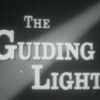 play_arrow
play_arrow
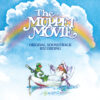 play_arrow
play_arrow
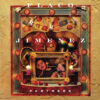 play_arrow
play_arrow
The Sounds of America: Flaco Jiménez’s Partners album BMPAudio
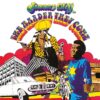 play_arrow
play_arrow
The Sounds of America: The Harder They Come Soundtrack BMPAudio
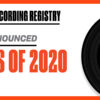 play_arrow
play_arrow
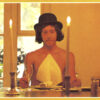 play_arrow
play_arrow
 play_arrow
play_arrow
 play_arrow
play_arrow
 play_arrow
play_arrow
 play_arrow
play_arrow
Science Of Happiness 76: If You Want to Be More Productive, Cut Yourself Some Slack BMPAudio
 play_arrow
play_arrow
 play_arrow
play_arrow
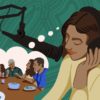 play_arrow
play_arrow
Science of Happiness 73: How to Switch Off Your Critics BMPAudio
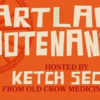 play_arrow
play_arrow
 play_arrow
play_arrow
Science of Happiness 72: How To Reconnect With Your Partner BMPAudio
 play_arrow
play_arrow
The Science of Happiness 71: Do You Want To Be More Patient? BMPAudio
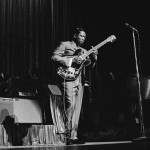 play_arrow
play_arrow
Red, White and the Blues BMPAudio
 play_arrow
play_arrow
The Science Of Happiness 70: How To Love People You Don’t Like BMPAudio
 play_arrow
play_arrow
The Science of Happiness 69: What’s Your “Why” In Life? BMPAudio
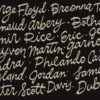 play_arrow
play_arrow
The Science of Happiness 68: From Othering to Belonging BMPAudio
 play_arrow
play_arrow
The Science of Happiness 67: Taking Small Steps toward Big Goals BMPAudio
 play_arrow
play_arrow
1A Memorial Day Special BMPAudio
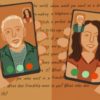 play_arrow
play_arrow
The Science of Happiness 66: How to Connect When You Must Stay Apart BMPAudio
 play_arrow
play_arrow
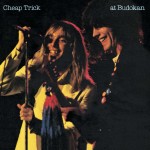 play_arrow
play_arrow
 play_arrow
play_arrow
The Science of Happiness 64: Helping Kids Think About the Good BMPAudio
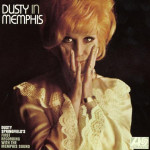 play_arrow
play_arrow
 play_arrow
play_arrow
The Science of Happiness 63: Remembering to Breathe BMPAudio
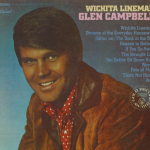 play_arrow
play_arrow
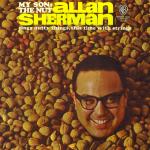 play_arrow
play_arrow
The Sounds of America: “Hello Muddah, Hello Fadduh” BMPAudio
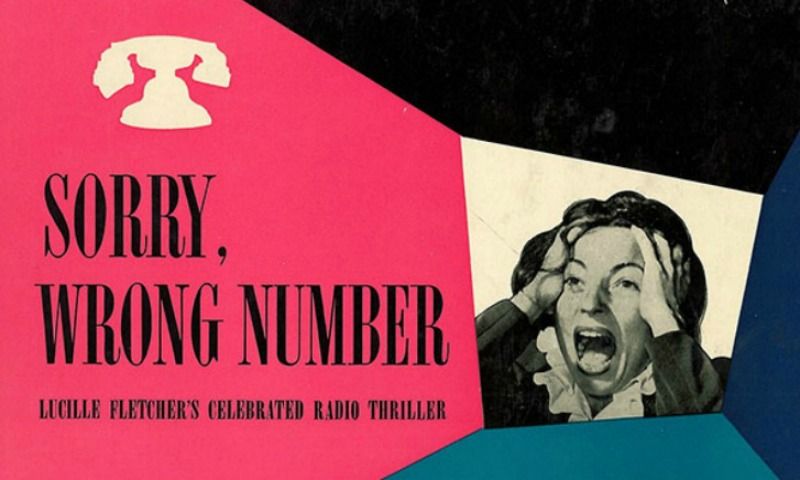
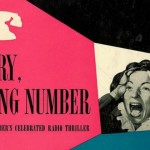 play_arrow
play_arrow
“Sorry, Wrong Number” BMPAudio
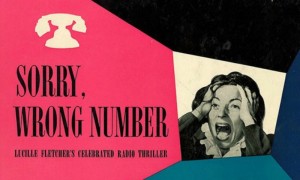 Before you could binge-listen to podcasts like “Welcome to Night Vale” and “Limetown,” you had to wait for your weekly dose of radio drama. Often, even during the golden age of radio, these were formulaic, poorly produced stories. But once in a while, something broke the radio drama mold. The 1943 thriller “Sorry, Wrong Number,” written by Lucille Fletcher, did just that. No less an authority than Orson Welles called it “the greatest single radio script ever written.”
Before you could binge-listen to podcasts like “Welcome to Night Vale” and “Limetown,” you had to wait for your weekly dose of radio drama. Often, even during the golden age of radio, these were formulaic, poorly produced stories. But once in a while, something broke the radio drama mold. The 1943 thriller “Sorry, Wrong Number,” written by Lucille Fletcher, did just that. No less an authority than Orson Welles called it “the greatest single radio script ever written.”
The story goes like this: On an average evening in the apartment where she lives alone, the bedridden Leona Stevenson picks up the phone to make a call. But the telephone operator connects her call incorrectly. It’s not a friend on the other end of the line — it’s two men plotting a murder. The intended victim? Stevenson herself.
“The entire show is based around the hysteria of the main character,” says Steve Darnall, editor of Nostalgia Digest. We’re stuck with the increasingly frantic Stevenson as she tries to stay alive. But, ultimately, she fails. That’s what makes “Sorry, Wrong Number” so unusual, Darnall says. “It was one of the first times that someone had had the audacity to go on this national network and present a story in which the killers get away.”
In typical radio-play morality tales, only the bad guys would die. But in “Sorry, Wrong Number,” Stevenson’s “only crime was being a not very kind person,” says Dorothy Herrmann, Lucille Fletcher’s daughter. Herrmann sees the play as her mother’s way of getting back at the stuck-up mother of her college boyfriend. “She looked down on my mother,” who was a “scholarship student,” Herrmann says. “This made my mother very miserable.” The moral of Fletcher’s tale? Be nice.
“Sorry, Wrong Number,” was later made into a film starring Barbara Stanwyck. The radio play, voiced by Agnes Moorehead, was added to the National Recording Registry in 2015.
Tagged as: Dorothy Herrmann, Lucille Fletcher, Steve Darnall.

BMPAudio November 19, 2015
In 1969, Sly and the Family Stone released their fourth studio album, “Stand!” It dropped at a moment of intense cultural and political change, a moment when many groups who were […]
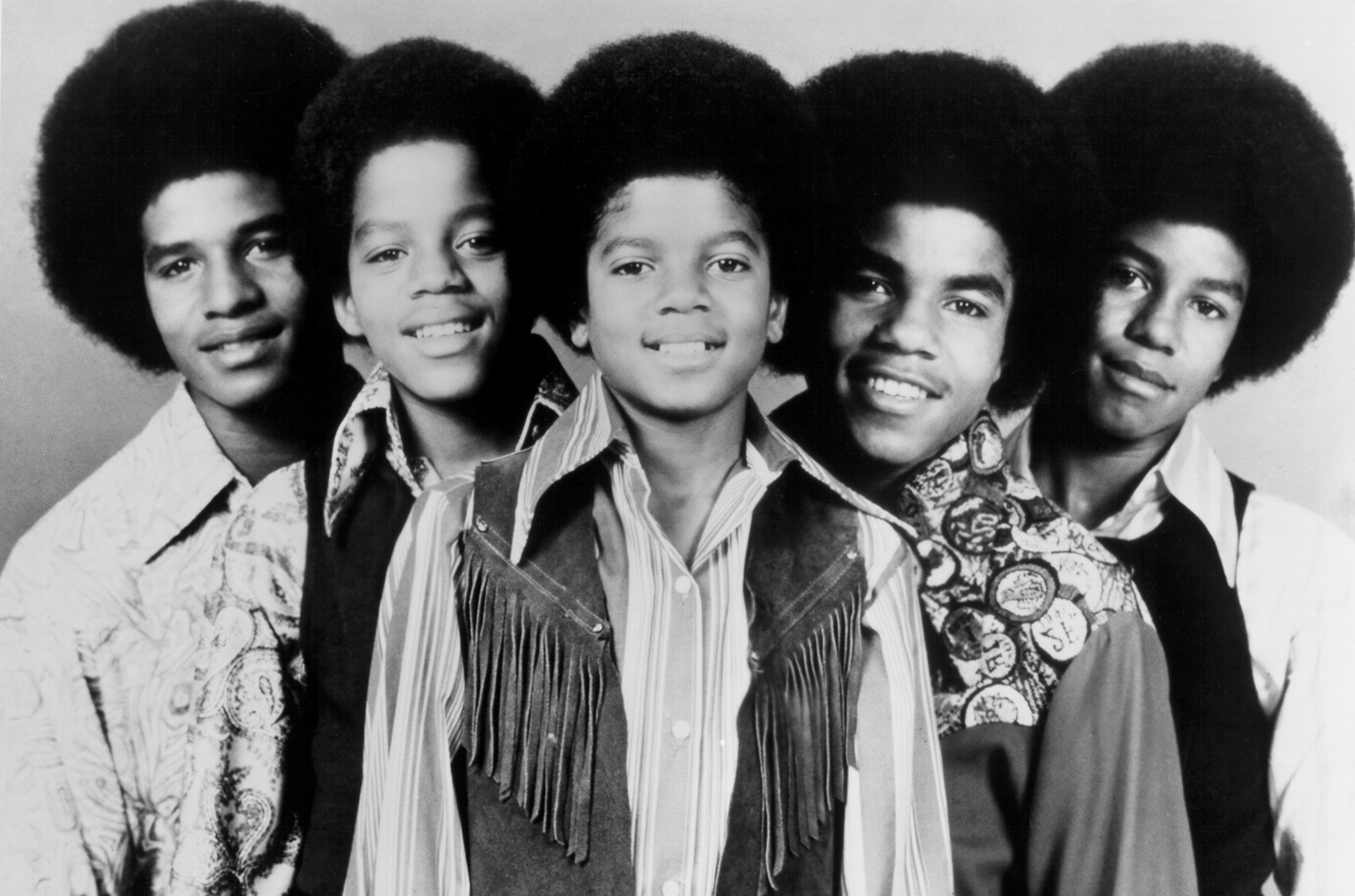
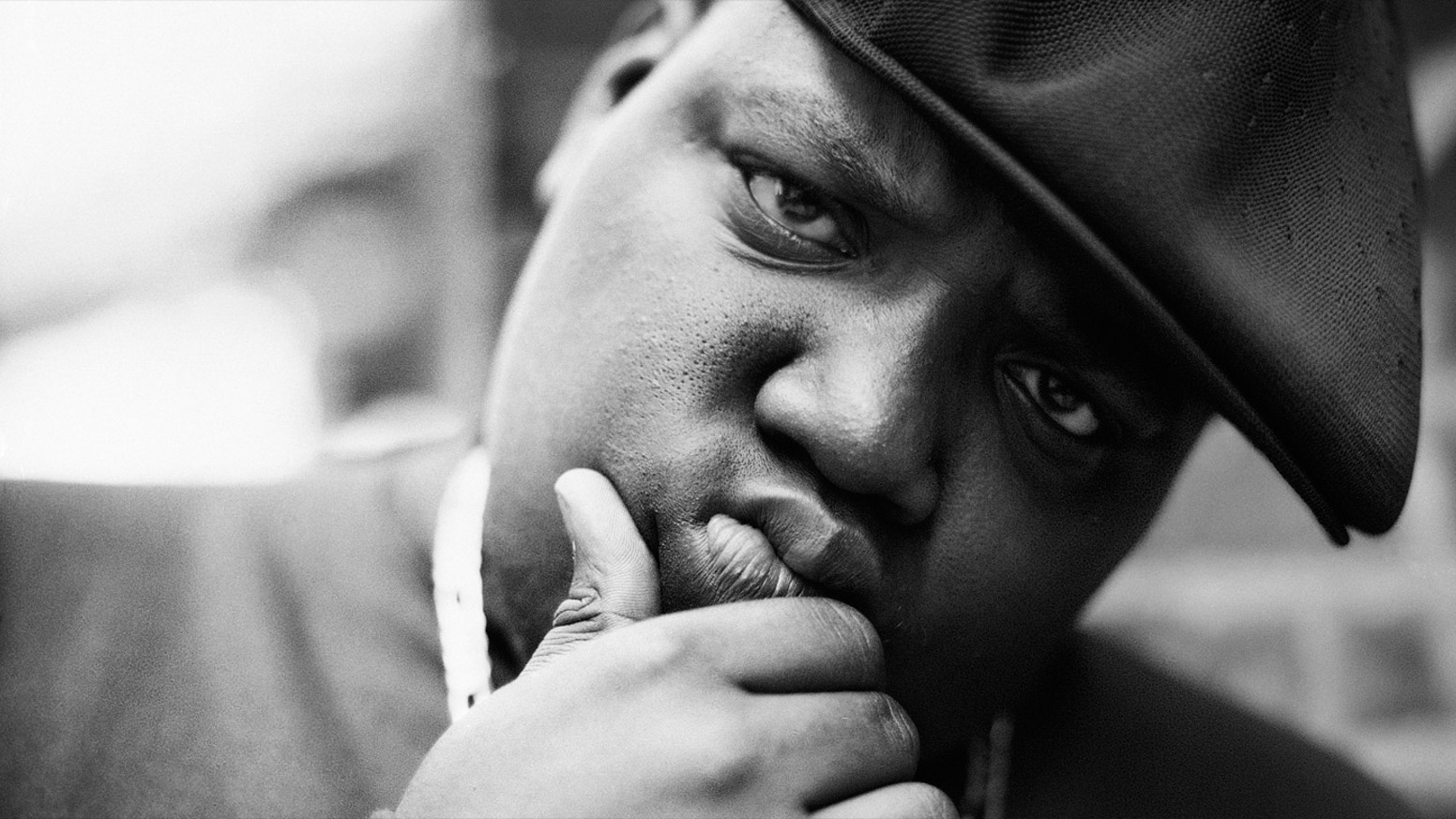
Whether a syndicated national radio series, podcast, documentary or audiobook, BMP Audio creates imaginative, sophisticated and effective sound tracks for your ideas. Our fully digital production facilities assure the highest level of audio fidelity. The world’s top broadcast companies know this – and that’s why they choose BMP Audio.